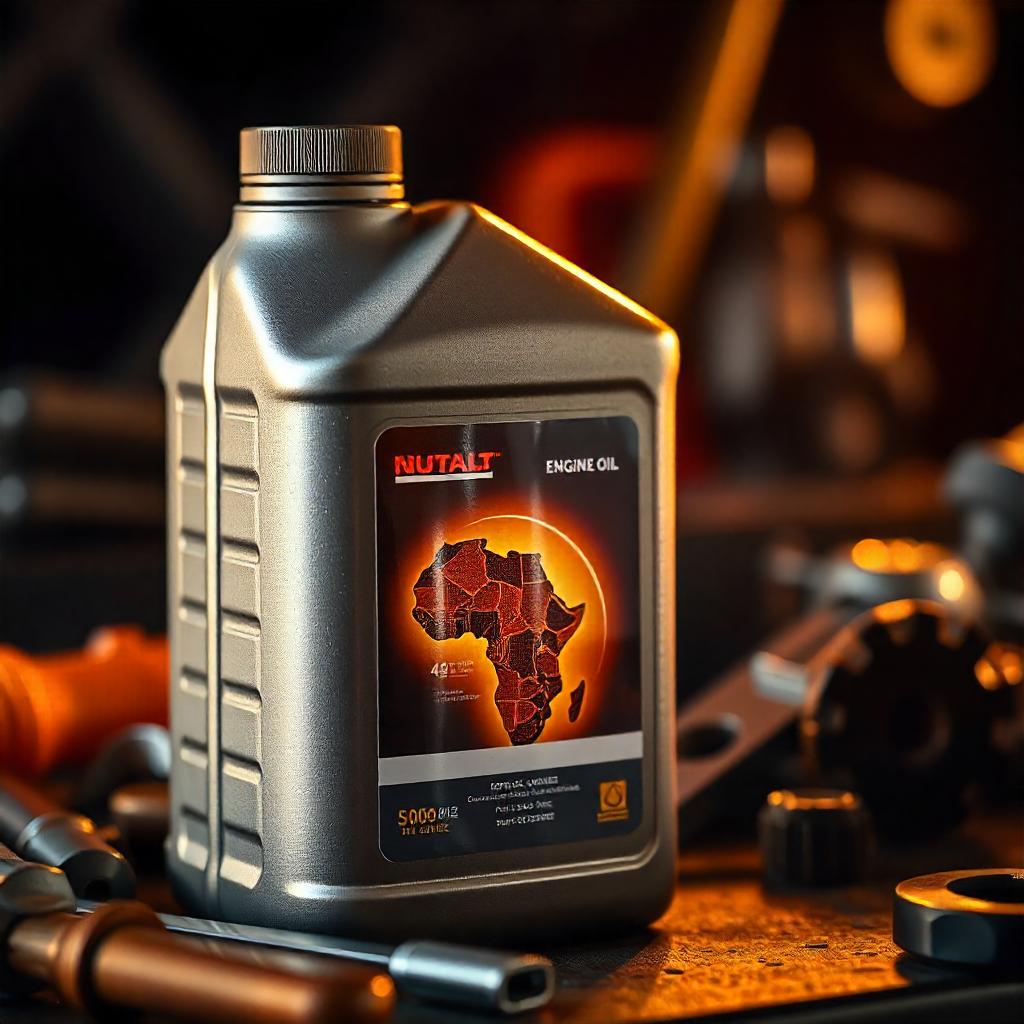Maintaining an automotive fleet requires constant attention to detail and regular upkeep to ensure the vehicles run smoothly for an extended period. One of the most critical components of this maintenance is the use of high-quality lubricants and engine oils. These fluids are essential for the smooth operation of the engine, reducing wear and tear, improving fuel efficiency, and ultimately extending the lifespan of the vehicles in your fleet.
1. Reducing Friction and Wear
Lubricants and engine oils create a thin film that coats various engine components, such as pistons, cylinders, and bearings. This film reduces friction between metal surfaces that would otherwise rub against each other. High friction causes heat buildup, leading to accelerated wear and tear. Over time, this can cause parts to degrade, resulting in the need for expensive repairs or replacements.
By using quality lubricants and engine oils, friction is minimized, leading to smoother operation and reduced wear on engine components. This is crucial for extending the life of your automotive fleet, as less wear means fewer engine repairs and replacements.
2. Preventing Corrosion and Rust
Engines are subject to moisture, contaminants, and combustion byproducts, all of which can lead to rust and corrosion. Corrosion can damage essential engine parts, leading to reduced performance, efficiency, and a shorter vehicle lifespan. Engine oil helps protect against corrosion by providing a protective barrier on metal surfaces, preventing moisture and contaminants from causing rust and damage.
Additionally, engine oils contain additives that neutralize acids and other harmful byproducts of combustion. These additives help keep engine components safe from chemical damage, extending the life of your fleet’s engines.
3. Enhancing Cooling and Temperature Regulation
Engines generate significant heat during operation, which can lead to overheating if not properly managed. Engine oil plays a critical role in regulating engine temperature by absorbing and distributing heat. The oil circulates through the engine, carrying heat away from critical components and ensuring the engine operates at an optimal temperature.
By maintaining the correct level of engine oil and using high-quality lubricants, you ensure that the engine remains cool even under heavy loads or high-stress conditions. Proper cooling reduces the risk of overheating, which can damage the engine and shorten its lifespan.
4. Improving Fuel Efficiency
The type of lubricants and engine oil used in an automotive fleet can also impact fuel efficiency. High-quality engine oils help reduce friction and ensure that the engine runs smoothly. This, in turn, improves fuel combustion efficiency, allowing vehicles to use fuel more effectively.
By improving fuel efficiency, you not only reduce operating costs but also minimize the environmental impact of your fleet. Regularly changing the oil and using the appropriate lubricants for each vehicle’s make and model can result in significant savings on fuel costs and maintenance.
5. Preventing Oil Degradation and Contaminant Buildup
Over time, engine oil breaks down due to heat, pressure, and exposure to contaminants such as dirt, soot, and water. This breakdown leads to oil degradation, reducing the oil’s ability to lubricate and protect engine components. As a result, the engine’s performance declines, and the risk of damage increases.
Regular oil changes are necessary to prevent oil degradation and to remove contaminants that can cause engine damage. Using high-quality oils with advanced additives ensures that the oil maintains its lubricating properties for longer, thus extending the time between oil changes and improving engine performance over time.
6. Prolonging Engine Component Lifespan
Modern engines consist of many complex parts that are constantly in motion, including pistons, camshafts, and crankshafts. These parts experience high levels of stress and wear, which can lead to breakdowns or failures if not properly lubricated. Engine oil helps to cushion these parts and prevent excessive wear by ensuring smooth operation.
By using the right type of lubricant, fleet managers can prolong the lifespan of critical engine components. For instance, synthetic oils are often better at handling higher temperatures and providing superior protection compared to conventional oils. This reduces the frequency of repairs and replacement of engine parts, thereby lowering maintenance costs and increasing vehicle uptime.
7. Supporting Manufacturer Recommendations
Each vehicle manufacturer provides specific recommendations for the type of oil and lubricants to use for their engines. These recommendations are based on extensive research into the optimal performance of the engine and its components. Adhering to these recommendations ensures that the fleet operates at maximum efficiency and that the engine is adequately protected.
Using oils and lubricants that meet or exceed these specifications is essential for maintaining warranty coverage, as using incorrect fluids can lead to engine damage and void warranties. Always ensure that the oil chosen is suitable for the vehicle’s engine requirements to avoid unnecessary damage and extend the vehicle’s life.
8. Managing Oil Consumption and Monitoring Performance
Some engines consume oil over time, especially in high-mileage or high-performance vehicles. Monitoring oil consumption and regularly checking oil levels is an essential part of maintaining an automotive fleet. Low oil levels can lead to insufficient lubrication, increasing the risk of engine damage. Ensuring that vehicles are topped up with the correct oil at regular intervals helps prevent engine strain and performance degradation.
Fleet managers should implement an oil monitoring system to track oil usage and performance for each vehicle. This proactive approach allows for early detection of potential issues such as oil leaks or engine inefficiency, preventing more costly repairs in the future.
9. Reducing Downtime and Improving Fleet Availability
One of the key benefits of using quality lubricants and engine oil is the reduction of unscheduled downtime. When engine oil is properly maintained and changed regularly, the risk of engine failure due to inadequate lubrication decreases. This leads to fewer breakdowns, which improves overall fleet availability.
Less downtime means that vehicles can stay on the road and remain productive for longer periods, ensuring that your fleet operates at optimal capacity. This is particularly important in businesses that rely on their fleet for critical operations, such as delivery services, public transportation, and logistics companies.








